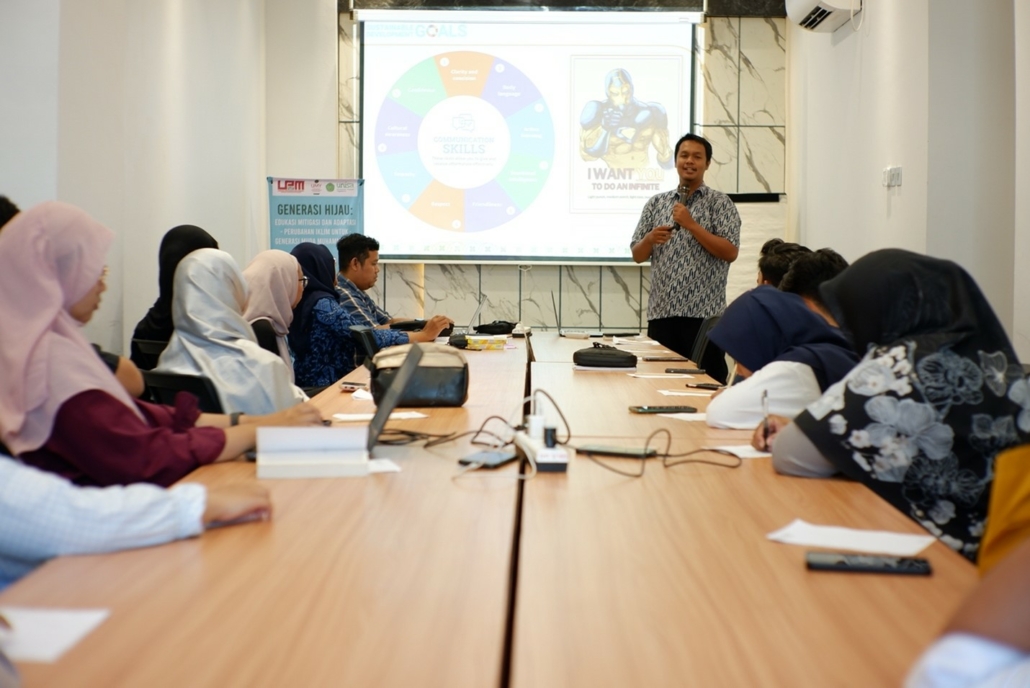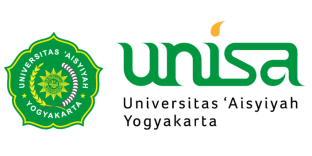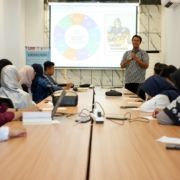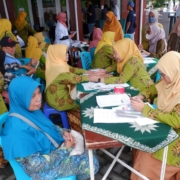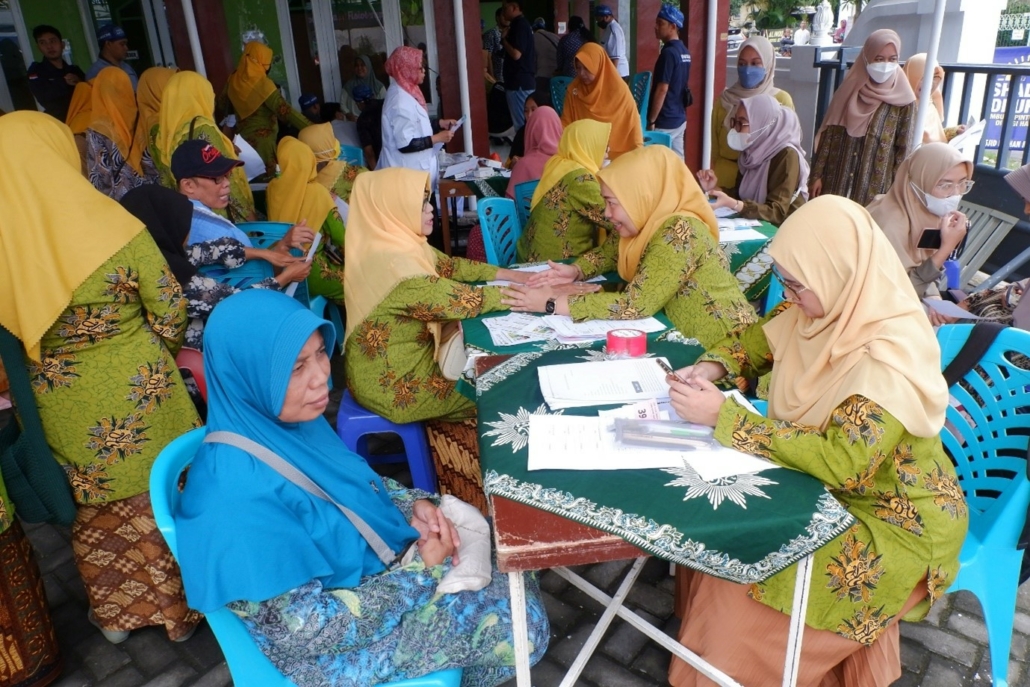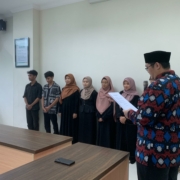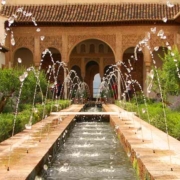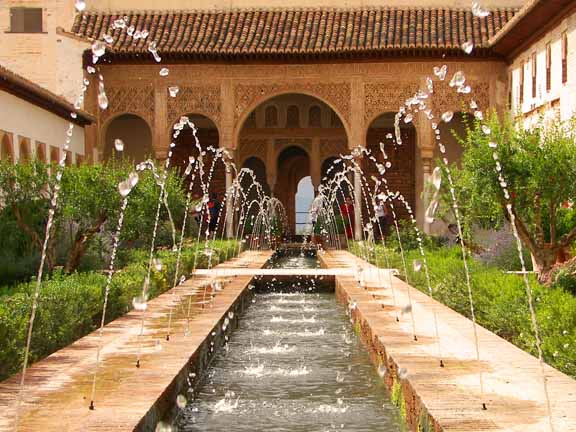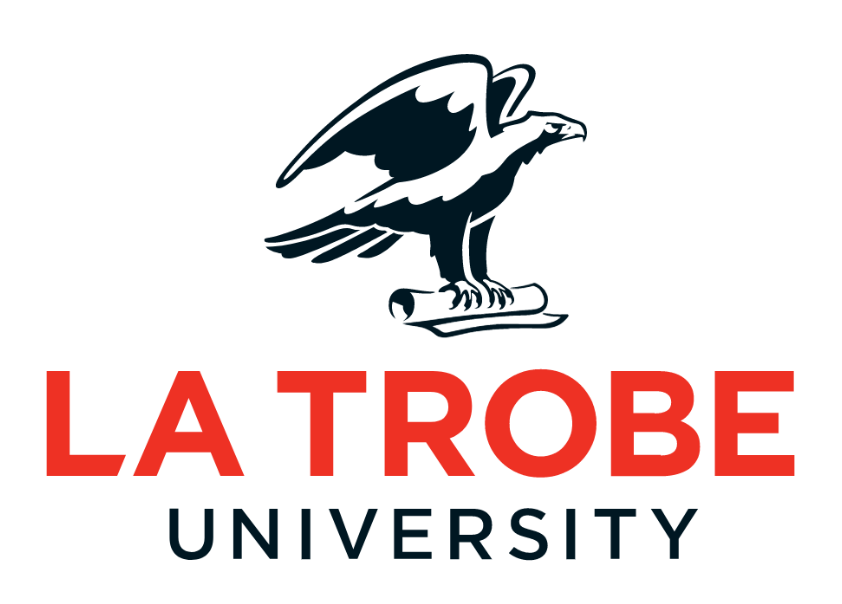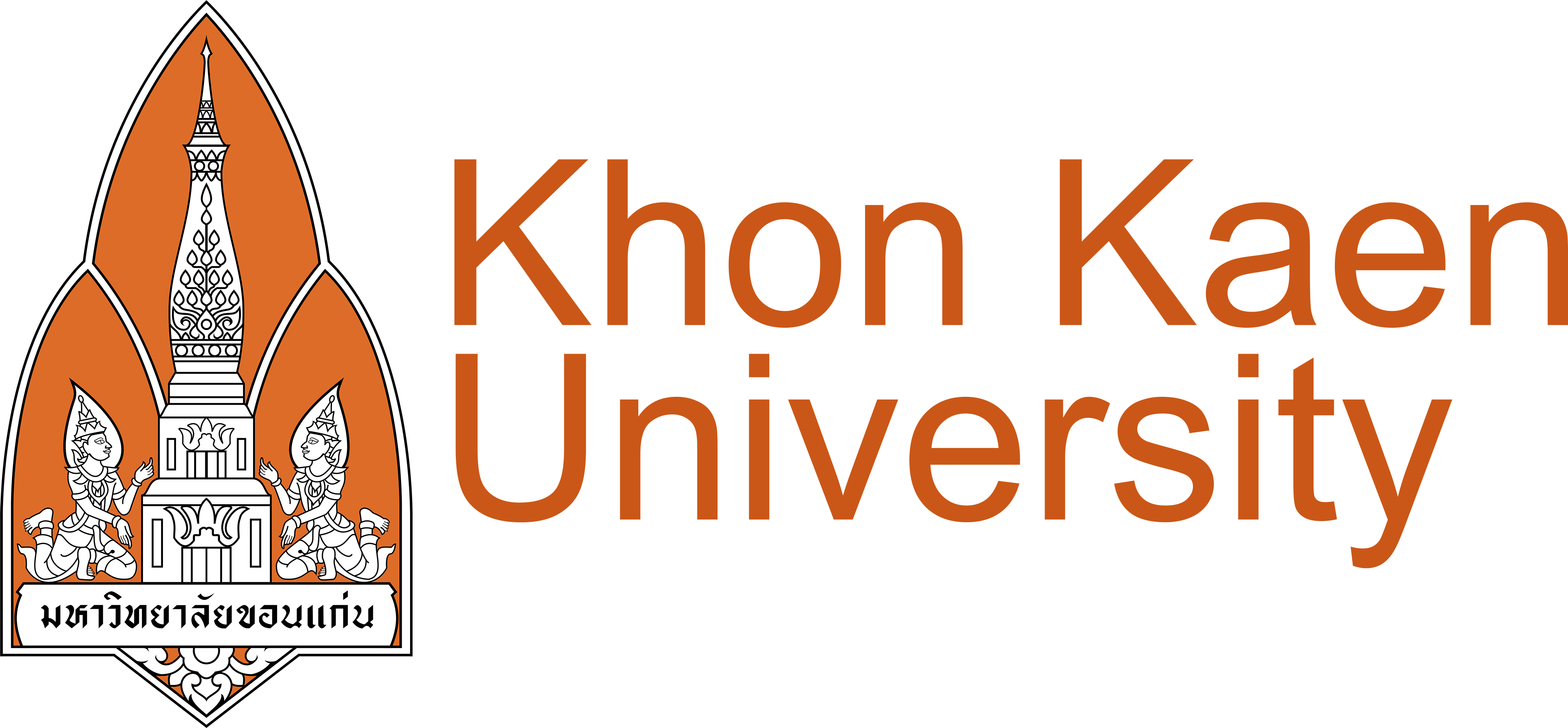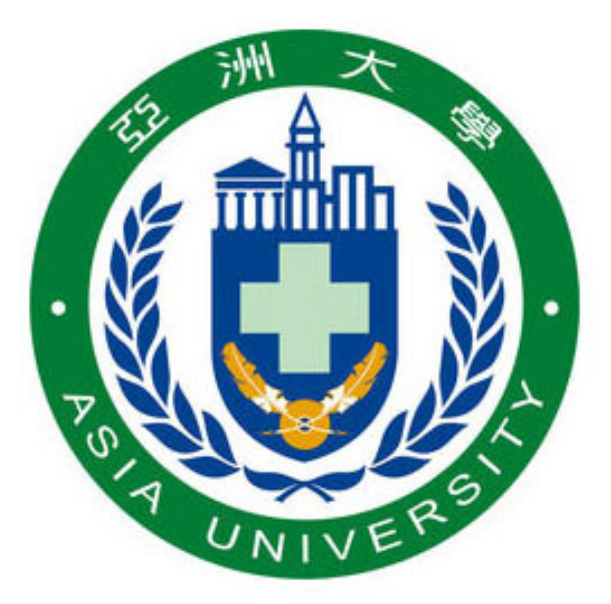The impact of climate change is an important issue today. The impacts have been felt such as extreme weather, hotter temperatures, longer dry seasons, and floods. In the long run, if not anticipated, it will have a worse impact on environmental and humanitarian problems. At the global level, efforts to formulate actions and strategies to prevent the impacts of climate change have been agreed to prevent the earth’s temperature from increasing by a maximum of 1.5 degrees. All parties must pay attention by mitigating and adapting to this climate change. This also applies to young Muslims. Young people are important agentsof change in campaigning for prevention, how to mitigate and adapt to climate change.
One of the efforts made to respond to climate change is to collaborate by organizing a community service activity entitled Generasi Hijau: Climate Change Mitigation and Adaptation Education for Muhammadiyah Generation. This collaboration was carried out between lecturers from Universitas Muhammadiyah Yogyakarta (UMY) and Universitas Aisyiyah (UNISA) Yogyakarta through community service activities. The event was held at SM Tower and Convention and attended by Muslim youth activists from the Yogyakarta Muhammadiyah Student Association at both provincial and district/city levels (20/3/2024).
This activity aims to provide education to youth, especially the young generation of Muhammadiyah, to be more prepared and able to adapt to the increasingly obvious phenomenon of climate change. Through the “Green Generation” movement, it is hoped that Muhammadiyah’s young generation can become proactive agents of change in responding to climate change issues. As the young generation, who are close to the digital world, they will actively campaign through social media to jointly prevent the impact of climate change through various actions. In addition, discussion meetings, dialogues and actions with young people will be carried out to prevent the impacts of climate change.
Tri Hastuti Nur Rochimah, head of Abdimas from UMY Communication Science stated the importance of awareness of climate change among the younger generation, young cadres of the association must become historical actors, become active agents in dealing with important issues that have an impact on this humanitarian problem, namely climate change. Awareness both individually and in groups within the organization is important, how climate change mitigation and adaptation become one of the important agendas of IPM and IPmawati organizations. Young cadres of Muhammadiyah need to be prepared to face climate change, taking the forefront to care about various actions to prevent the impact of climate change, he said. Islamic values become the basis for action, that humans are khalifah on earth and one of their duties is to prevent damage on this earth. Nature was created to be kept in balance, preserved as a form of our faith in Allah. Muhammadiyah also already has a water fiqh, one of the important parts related to nature and the environment, so it is important that we all take an important role in dealing with the impacts of climate change, especially the younger generation.
Ade Putranto and Erwin Rasyid, Lecturers of Communication Science at UNISA, in their presentation conveyed that the issue of climate change cannot be resolved by one party alone. It takes cooperation between the government, universities, communities, and the private sector to achieve effective solutions. “Including the active role of young Muslims to be actively involved in mitigation and advocacy efforts on climate change issues. The young generation has a very important role in fighting for environmental sustainability,” Erwin added.
IPM Yogyakarta representatives said that efforts have been made by IPM and IPMawati administrators through the environmental division. “After this activity we will follow up the results of mapping related to environmental issues in each region. So that adaptation and mitigation related to climate change issues can run well,” said El from IPM Yogyakarta.This Community Service activity is supported by the UMY Community Service Institute (LPM). The hope is that through this activity the Muhammadiyah young generation and also young Muslims can become agents of change who have a deep understanding of climate change issues and are able to take concrete steps to protect the environment and achieve a sustainable future.
Tags: aisyiyah, amalku, banggamenjadiunisa, beunisa, unisa, unisayogya
